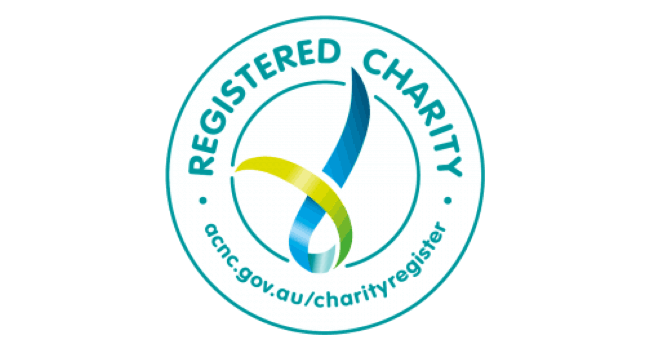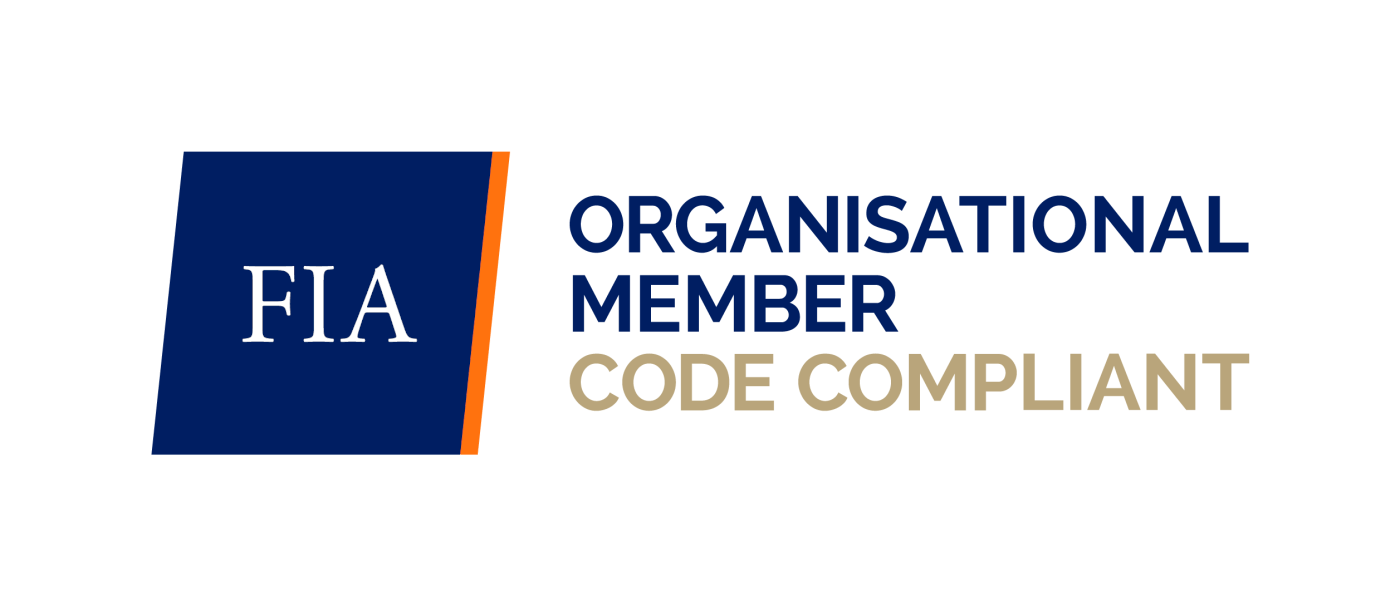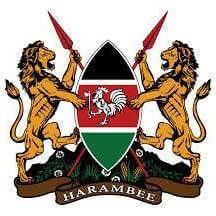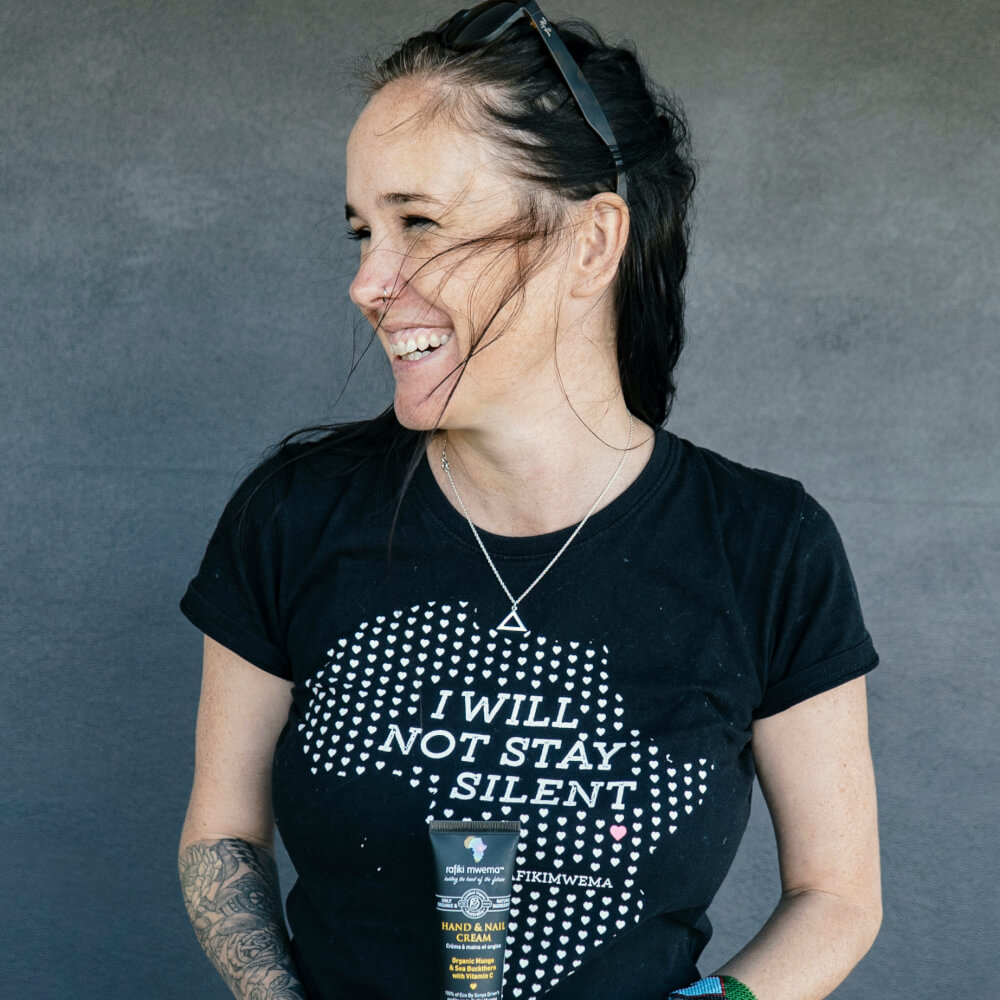Scheduled Review Date: 11/08/2021
Objective
Rafiki Mwema Incorporated. (Rafiki) considers the protection of children as its highest priority and we take seriously our responsibility to promote child safe practices and protect children from harm, abuse, neglect and exploitation in any form. This procedure outlines the systems and processes Rafiki will use to ensure the safety and dignity of children in our care is protected during their involvement with our organisation. This procedure is to be read in conjunction with the Child Protection Policy and applies to all staff and/or volunteers (including Board and Committee members) of Rafiki and Play Kenya.
Recruitment of Staff and Volunteers
- All staff and/or volunteers working with children in the care of Rafiki or Play Kenya must hold a current Working with Children Check or equivalent clearance. If a prospective employee or volunteer does not gain this clearance, they will be denied any involvement or employment with Rafiki. No staff member or volunteer should be out of pocket for this check as it is free for volunteers (within Australia).
- All staff and/or volunteers working with children in the care of Rafiki or Play Kenya must obtain a Police Check at their own cost. For those with a current Police Check, it must be valid for a period of no less than six months.
- Upon commencement and after reading and agreeing to the Child Protection Policy and Procedure, all staff and/or volunteers with Rafiki or Play Kenya must sign the Rafiki Mwema Child Protection Agreement.
- Neither Rafiki nor Play Kenya will engage any person to work for our organisation if it believes that they pose an unacceptable risk to children.
Training of Staff and Volunteers
- Rafiki will host at least one professional development opportunity on child protection issues (workshop, information session, e-learning course, etc) for staff and/or volunteers every year.
- Rafiki will ensure all staff and/or volunteers have appropriate experience and training in child protection matters.
Use of Images and Personal Information for Advocacy and Fundraising
- Rafiki regularly uses images (photographs and film) and personal stories of children in its advocacy and fundraising campaigns, including on social media, as part of our fundraising strategy.
- Rafiki acknowledges that all children have the right to privacy and control over how their personal information is used. Rafiki also acknowledges that sharing images and information of children can, in some instances, place them at increased risk of violence and neglect.
- In the instances of our sponsorship program and children who are part of a this program Rafiki provides for the following:
- that all information pertaining to children in our care (including images) will be stored in line with our Privacy Policy.
- personal information relating to children in our care will be stored in the Salesforce Customer Records Management system and will be in line with the points outlined below.
- sponsors will receive information and/or images only relating to the progress and development of their sponsor child and no information relating to that child or any other child’s history, abuse or trauma will be shared.
- Rafiki will, to the best of its ability, ensure that the informed consent of the child and their parent/guardian has been obtained prior to using images or film of children for advocacy and fundraising purposes.
- Rafiki will ensure images or film present children in a dignified and respectful manner and not in a vulnerable or submissive manner. Rafiki will endeavour to comply with local traditions or restrictions for reproducing personal images or film.
- In images or film, children will always be adequately clothed and will never be photographed or filmed in poses that could be seen as sexually suggestive.
- Rafiki will ensure file labels, meta data or text descriptions do not reveal identifying information about a child when sending images electronically or publishing images/stories in any form.
- Rafiki will always use false names, known as pseudo names, when using images/personal stories of children and the words ‘name changed to protect privacy‘ will be added whenever a false name is used. The pseudo name will only be in reference to a child’s first name.
- Rafiki will always ensure images and stories are honest representations of the context and the facts.
- Rafiki acknowledges that descriptions and physical and sexual violence can be traumatic for some people. Stories that involve descriptions of physical/sexual violence will include the words ‘This story includes descriptions of physical/sexual violence and may be upsetting to some readers. Reader discretion is advised.’
- Rafiki will no longer, as at the date of the adoption of this procedure, be sharing any information relating to a child’s history, abuse or trauma. Rafiki acknowledges that sponors who are part of the current sponsorship program will have been shared information relating to their sponsor child detailing certain information of their abuse and will endeavour to contact all sponsors to outline the changes reflected in this policy/procedure.
- Rafiki will never post or publish a child’s personal story and an identifiable photo of the child (or any other child) simultaneously.
Complaints
- If any person, including staff/volunteers of Rafiki or Play Kenya, believes this child protection policy has been breached, they can make a written complaint to hello@rafikimwema.com. The complainant will be notified that the complaint has been received and will be investigated.
- If a complaint is received the Executive Committee will nominate a delegate independent to the complaint, to investigate and resolve the complaint. The independent delegate will be nominated by the Executive Committee by way of a unanimous vote.
- Rafiki will respond to complaints within 48 hours and will make all reasonable attempts to resolve the issue in its entirely within 14 days. The complainant will be notified of the outcome of the complaint in writing.
Mandatory Reporting
- Under Australian law Rafiki (ie any person who holds a management position and has responsibility for, or supervision of, services, health care, welfare, education or residential services) is obligated to report any suspected child abuse.
- The reportee must have reasonable grounds to suspect a child is at risk of significant harm. Those grounds must arise during the course of their work with Rafiki or Play Kenya.
- Where sexual abuse is suspected, this must be reported to law enforcement. Other forms of child abuse or neglect must be reported to the appropriate Government authority.
Sanctions
- Minor breaches of this procedure, Child Protection Policy and Child Protection Agreement (ie those that do not place a child at direct risk of harm) will be responded to with a verbal warning. Three verbal warnings will constitute dismissal.
- Serious breaches of this procedure (ie those that place a child at direct risk of harm) will be responded to with immediate dismissal.
- Where a breach of this procedure contravenes the law (in Australia or another country), the incidence will be reported to the police immediately.
- If a legitimate concern about suspected beach of this procedure and/or Policy or Agreement is raised, which on investigation proves to be unfounded, no action will be taken against the reporter. However, appropriate sanctions will be applied in cases of false and malicious accusations of child abuse.
Review
This procedure will be reviewed by the Executive Committee annually or more frequently if required.
Responsibilities
The Rafiki Executive Committee, under the leadership of the Chief Executive Officer, is responsible for monitoring the implementation of this procedure in conjunction with the Child Protection Policy.





